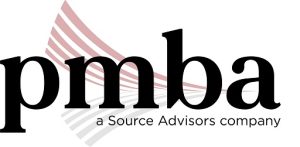What Does New York’s Wayfair Ruling Mean for Remote Vendors?
Several concerns stand out regarding New York’s notice. The use of the phrase “immediately became effective” implies that these rules have been effective since June 21, 2018, and businesses should have been aware of this definition. New York also states that companies that have hit the threshold in the preceding four quarters and have not yet registered and filed should do so “immediately” and “now”.
New York’s aggressive wording helps to clarify the state’s intent. In doing so New York positions itself to assume the notion that companies should have been complying – effective June 21, 2018 – or shortly after that. New York has provided businesses no window of time to comply when compared to other states.
How is the Sales Threshold Defined?
Unfortunately, New York did not provide a clear definition as to the type of sales or nature of transactions that will be considered in the threshold determination.
The announcement on New York State’s website mentions “gross receipts from sales of tangible personal property delivered into the state” while the actual notice states, rather simply: “sales of tangible personal property.” It would appear New York is going to use an expansive definition of sales, potentially including wholesales and exempt sales.
One positive aspect of the notice pertains to the sales threshold; it must be equal to or exceeding $300,000 and one hundred transactions. Many of our clients do not meet or exceed the typical $100,000 threshold but have well over two hundred transactions, therefore these companies will not be required to collect New York sales tax.
Not only have most states chosen a lower dollar amount for the sales threshold – typically $100,000 – but many have also chosen to require compliance on the part of the sellers, based on transaction volume, regardless of having met the dollar amount threshold.
Related Resources
-
WebinarsLearn More

-
VideosLearn More

-
GuidesLearn More


